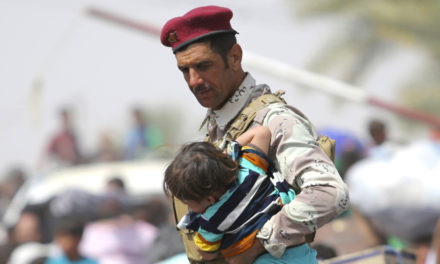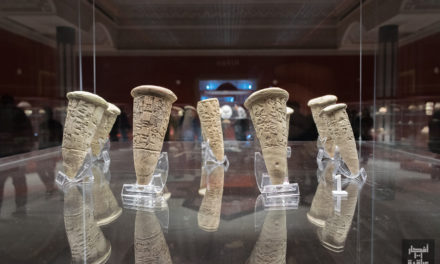For decades, the Kurds in Iraq and in neighbouring countries have dreamed of independence. Their dream put them on a collision course with their respective states. They faced serious oppression in Turkey, Iraq, Syria, and Iran. The only Kurdish region to rise out of central state domination is the Iraqi Kurdish region. Kurds in Iraq have a semi-autonomous region, with a separate constitution and government, in addition to playing a major role in the federal government. Iraqi Kurdistan is the closest thing to a Kurdish state.
Even though Kurds in Iraq are freer than they’ve ever been, their parties don’t seem satisfied. Kurdish parties deliberately sabotaged the Iraqi state in order to increase their autonomy.
The two main political parties that represent Kurds in Iraq are the Kurdistan Democratic Party (KDP) and the Patriotic Union of Kurdistan (PUK). A history of rivalry and civil war did not stop the two in their unified goal in Iraq. In addition to smaller Kurdish factions, the two parties lead a unified coalition in Iraq’s federal government. Both the KDP and the PUK were heavily involved in the formation of democratic Iraqi state in the aftermath of the U.S. invasion in 2003.
Kurdish parties helped topple Saddam, and they are great allies to the U.S. in Iraq. Their relationship with the U.S. helped them shape Iraq after Saddam and gave them disproportionate influence in drafting the constitution. This would later change after the 2010 elections and the government formation. The emergence of Maliki as a powerful Shi’ite leader with a nationalist agenda threatened the Kurds. Having reaped the benefits of being a part of the Iraqi government, the Kurdish parties began to work against the state. The democratically elected, Shi’ite majority government in Baghdad became more centralized and harder to push around.
Kurdish efforts to gain more autonomy undermined government institutions. Kurdish parties started to use the rhetoric they used against the past dictatorial regimes, accusing the government in Baghdad of being oppressive. Because of this claim, the Kurdish coalition in Baghdad began to boycott both parliament and cabinet meetings to show displeasure, thus stalling progress and weakening the government they helped form. Kurds parlayed parliament, for it was unable to pass necessary legislation like the annual budget without them.
Kurdish efforts to weaken the government would go beyond just Baghdad. They began to lobby foreign governments in Washington, D.C. and London. Since 2003, Kurdish parties controlled the Foreign Ministry, thus having significant influence over Iraq’s relations with other countries. They also have disproportionate representation within Iraqi embassies around the globe. With Iraq having limited control over its official foreign relations institution, and Kurds already having lobbying experience with foreign political leaders, they were able to drive a wedge between the Iraqi government and many American and European diplomats.
When the U.S. left Iraq in 2011, it was obvious that Iraq was unable to protect its airspace because it did not have a single fighter jet. Kurdish parties played an important role in stopping the Iraqi government from acquiring a strong air force. The most evident example came as early as 2011 when Kurdish parties voiced concern over Iraqi security forces upgrading their air force. A visit to the White House by KDP leader Massoud Barzani claimed the purchase of F-16 fighter jets by the Iraqi state would be used against the Kurdish people. Barzani claimed that the atrocities committed by the Saddam regime would be repeated should Iraq get the F-16s.
Kurdish politicians were successful in stalling the purchase of F-16 fighter jets. Other issues were at hand between Washington and Baghdad, but Kurdish lobbying had the intended effect. Ironically, in August of 2014 when ISIL forces attacked the Kurdish region, capturing Kurdish towns and putting the Peshmerga forces on the retreat, Kurdish territory grew desperate for air support. The Iraqi air force defended Kurds in Sinjar against ISIL until the U.S. came to help. Many lives could have been saved had Iraq acquired the necessary fighter jets to fend off ISIL.
The lesson for the Kurds is they need Iraq more than the Shi’ites do, and that weakening the Iraqi state does not necessarily mean strengthening their region. Historically the Kurds and Shi’ites have always been allies against brutal Iraqi regimes. Had the Kurds kept this alliance and worked with the Shia within Iraq’s federal government and not against it, the Kurds would have had a more potent response to ISIL.








